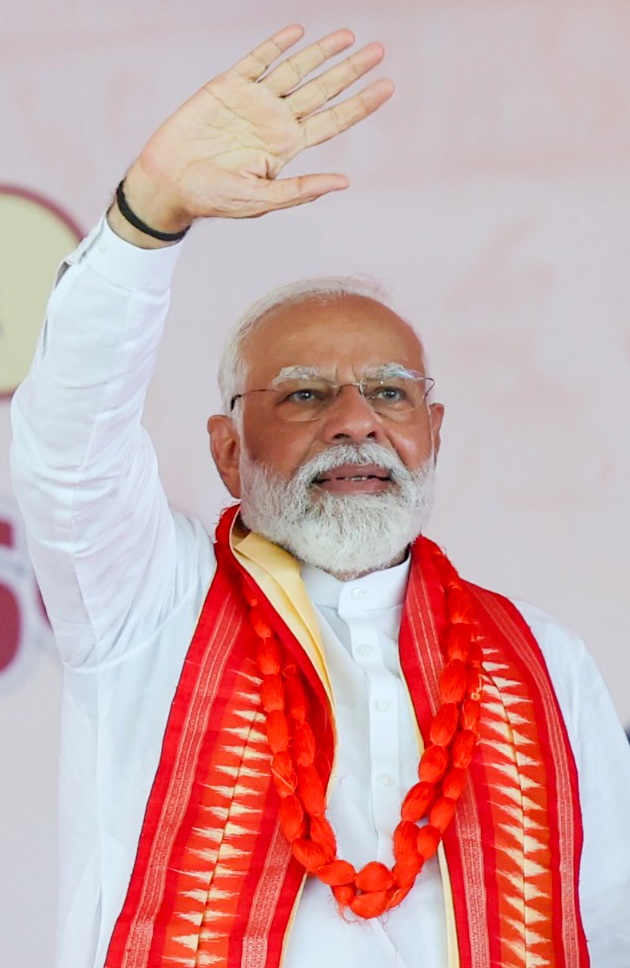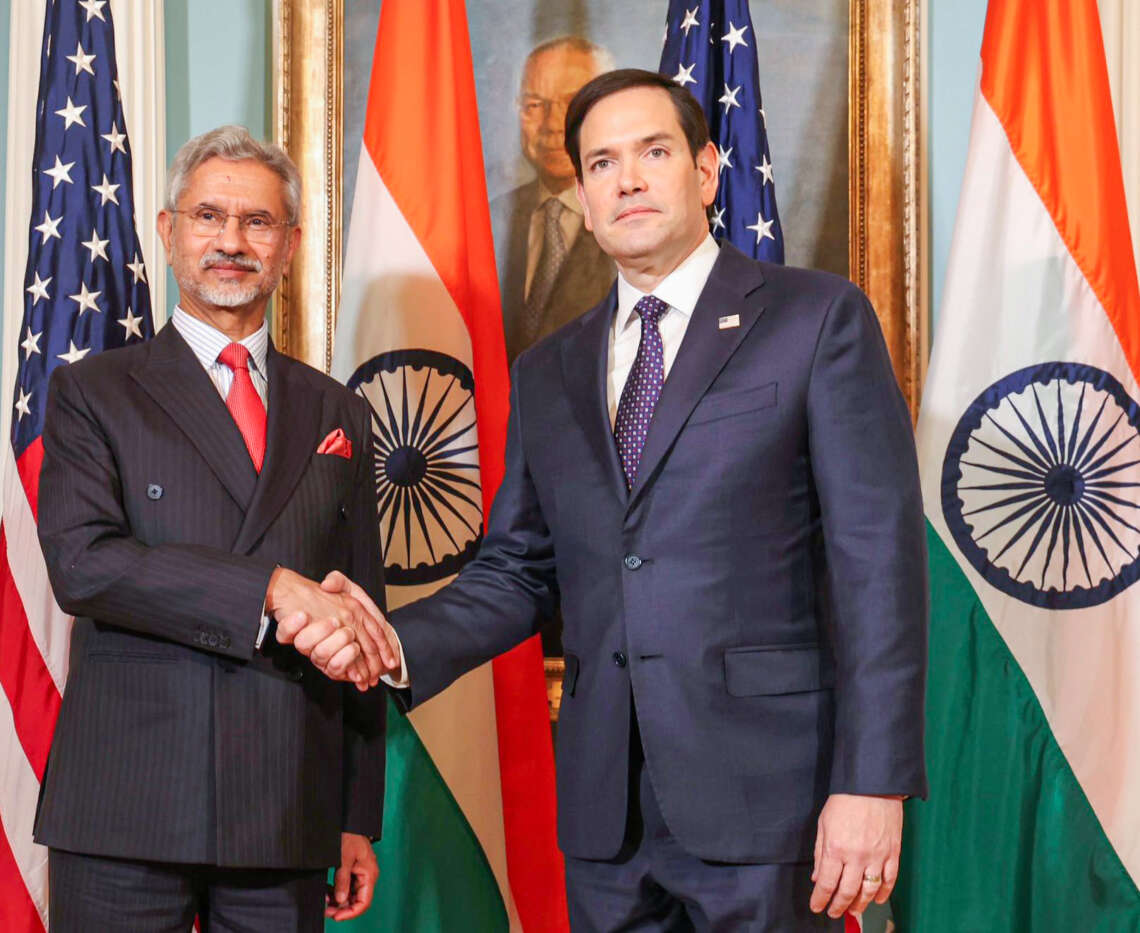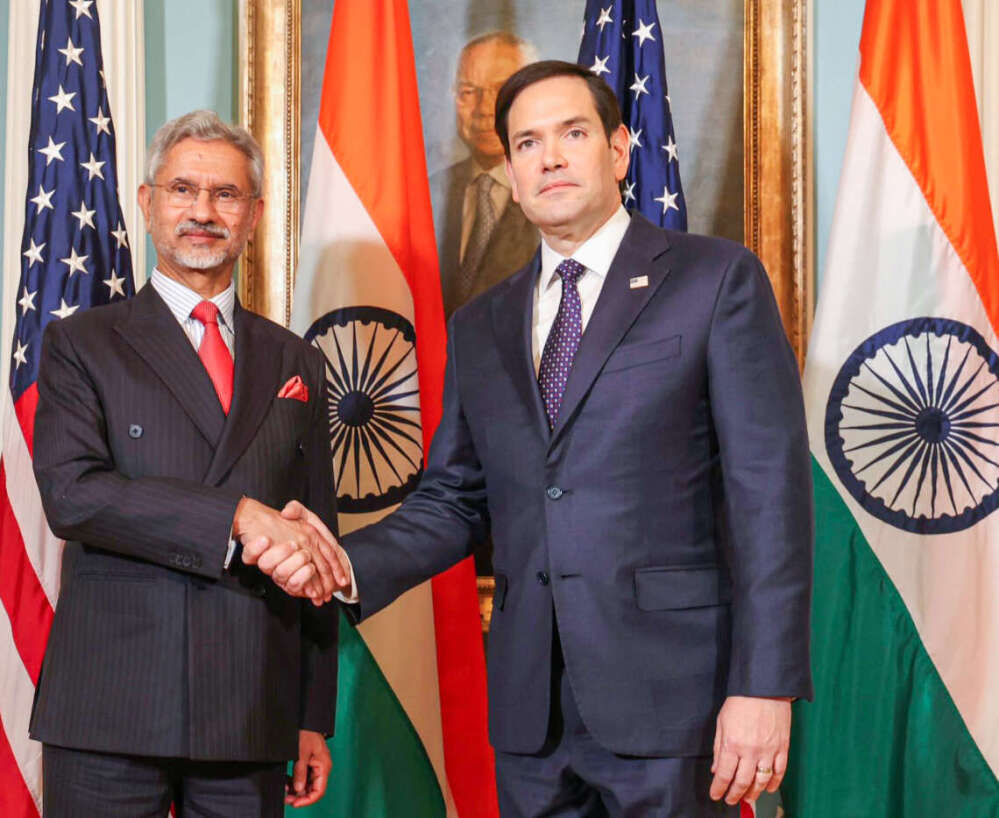Both sides agreed to hold the next India-Japan Cyber Dialogue in 2023 as per mutual convenience….reports Asian Lite News
India and Japan discussed cooperation in 5G technology and cybersecurity among other issues at the Fourth India-Japan Cyber Dialogue on Thursday.
The dialogue was hosted virtually by India.
According to the Ministry of External Affairs (MEA), both sides discussed important areas of bilateral cyber cooperation and reviewed the progress achieved in the areas of cybersecurity and Information and Communication Technologies (ICTs) including 5G Technology.
They also exchanged views on latest developments in cyber domain and mutual cooperation during cyber consultations at the United Nations and other multilateral and regional fora, the MEA added.
Both sides agreed to hold the next India-Japan Cyber Dialogue in 2023 as per mutual convenience.
The Indian Delegation was led by Joint Secretary, Cyber Diplomacy Division, Ministry of External Affairs (MEA) Muanpuii Saiawi, while the Japanese delegation was led by Ambassador in-charge of Cyber Policy, Ministry of Foreign Affairs (MOFA) Yutaka Arima.
The Indian delegation consisted of senior officials from MEA, Ministry of Home Affairs (MHA), Ministry of Defence (MoD), National Security Council Secretariat (NSCS), Ministry of Electronics and Information technology (MEITY), Department of Telecommunications (DoT), Indian Computer Emergency Response Team (CERT-In) and National Critical Information Infrastructure Protection Centre (NCIIPC).
The Japanese delegation included senior officials from National Centre of Incident Readiness and Strategy for Cybersecurity, Ministry of Internal Affairs and Communication (MIC), Ministry of Defence, Ministry of Economy, Trade and Industry (METI) and MOFA.

Fears of surge in cyberattacks
At least 51 per cent of industrial organisations believe that the number of cyberattacks in smart factories is likely to increase over the next 12 months. Yet, 47 per cent of manufacturers say cybersecurity in their smart factories is not a C-level concern, a report has said.
According to the Capgemini report, few manufacturers have mature practices across the critical pillars of cybersecurity. The connected nature of smart factories is exponentially increasing the risks of attacks in the Intelligent Industry era.
“The benefits of digital transformation make manufacturers want to invest heavily in smart factories, but efforts could be undone in the blink of an eye if cybersecurity is not baked-in from the offset,” Geert van der Linden, Cybersecurity Business Lead at Capgemini, said in a statement.
“The increased attack surface area and the number of operational technology (OT) and Industrial Internet of Things (IIOT) devices make smart factories a prominent target for cyber criminals. Unless this is made a board-level priority, it will be difficult for organisations to overcome these challenges, educate their employees and vendors and streamline communication between cybersecurity teams and the C-suite,” Linden added.
Around 53 per cent of organisations, including 60 per cent of heavy industry and 56 per cent of pharma and life sciences firms, agree that most future cyber threats will feature smart factories as their primary targets.
However, a high level of awareness does not automatically translate to business preparedness.
A lack of C-suite focus, limited budget, and human factors are noted as the top cybersecurity challenges for manufacturers to overcome.
The research also found that, for many organisations, cybersecurity is not a major design factor; only 51 per cent build cybersecurity practices in their smart factories by default.
Unlike IT platforms, all organizations may not be able to scan machines at a smart factory during operational uptime.












